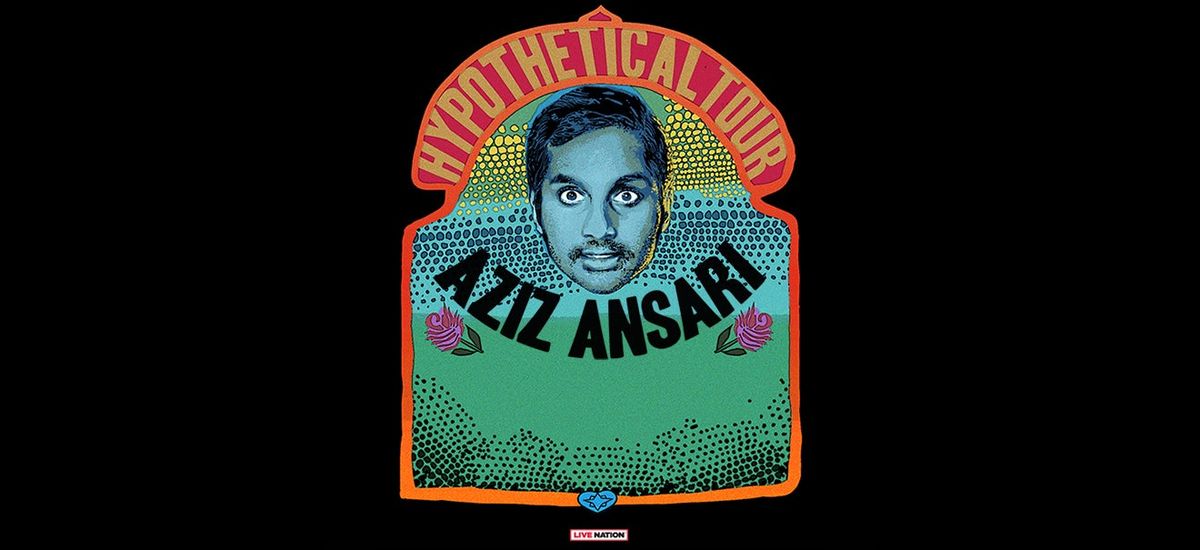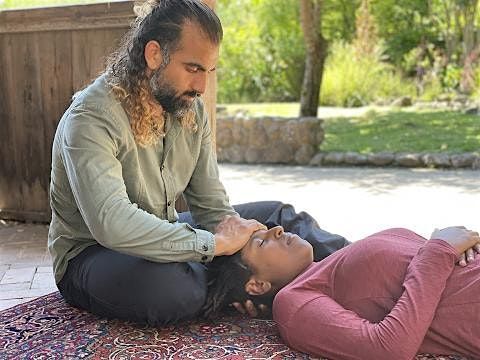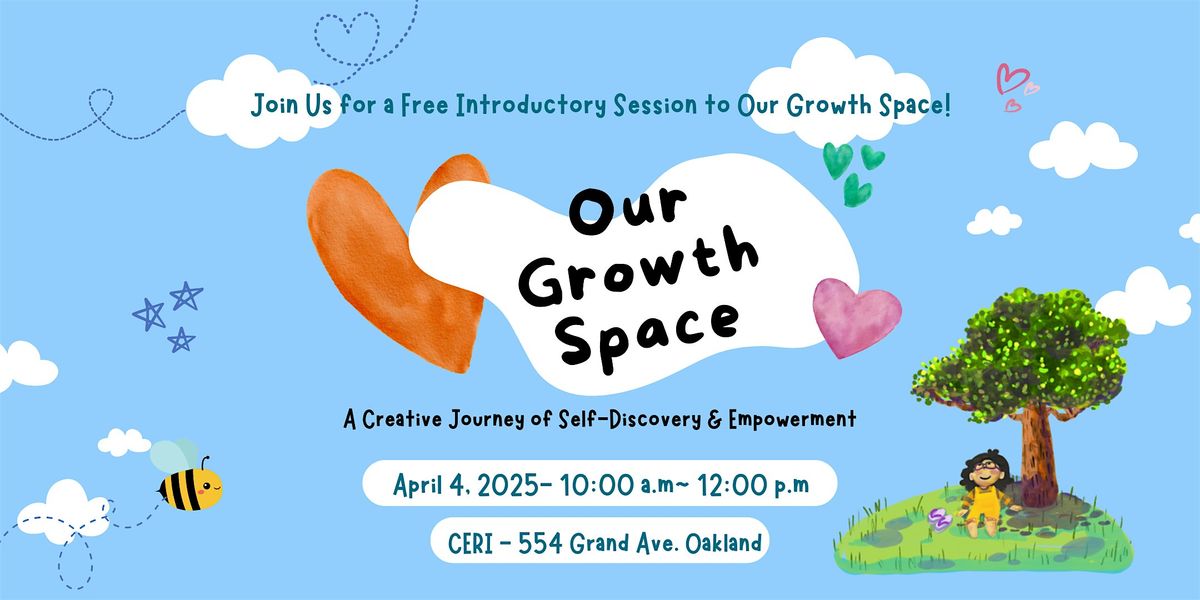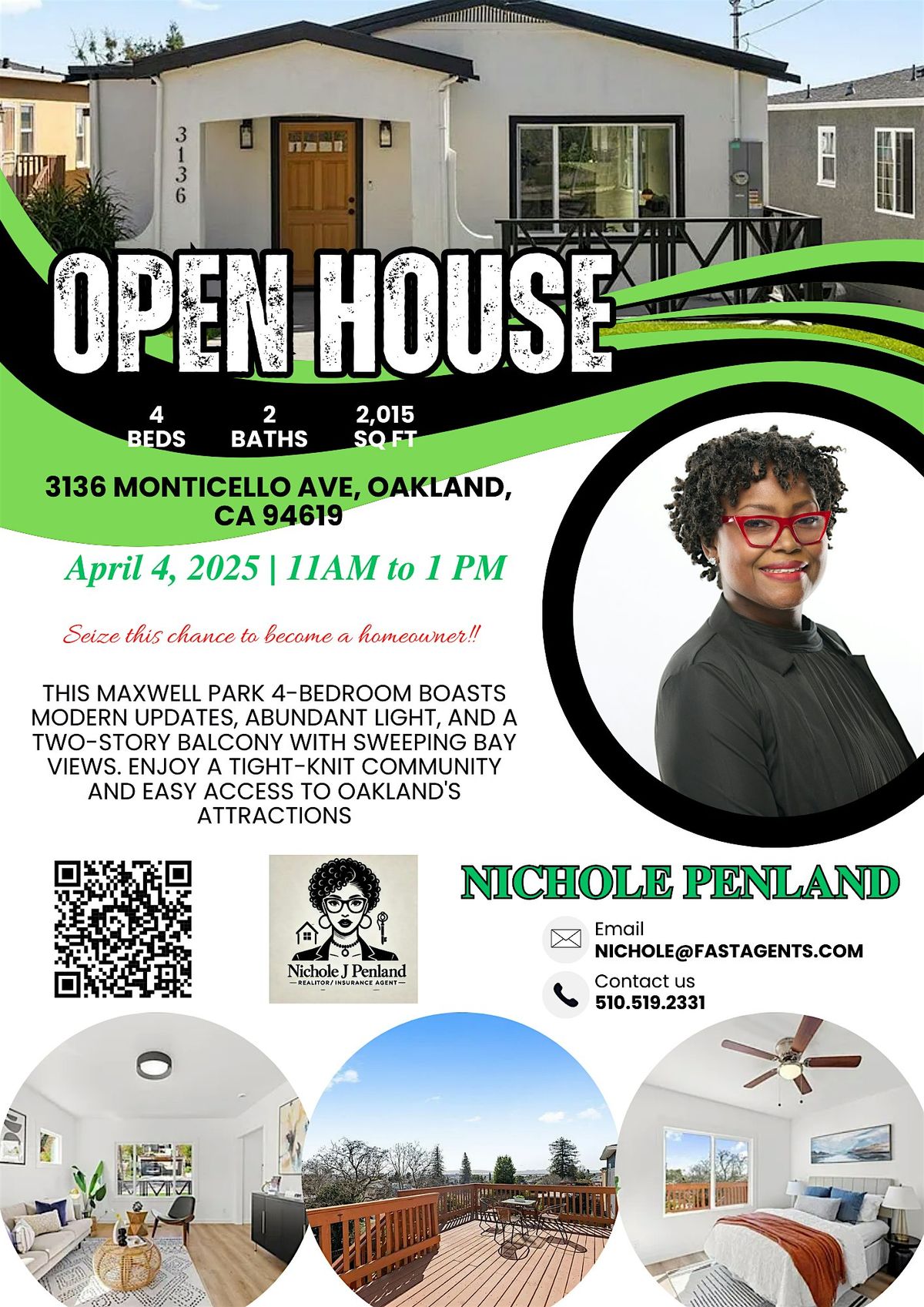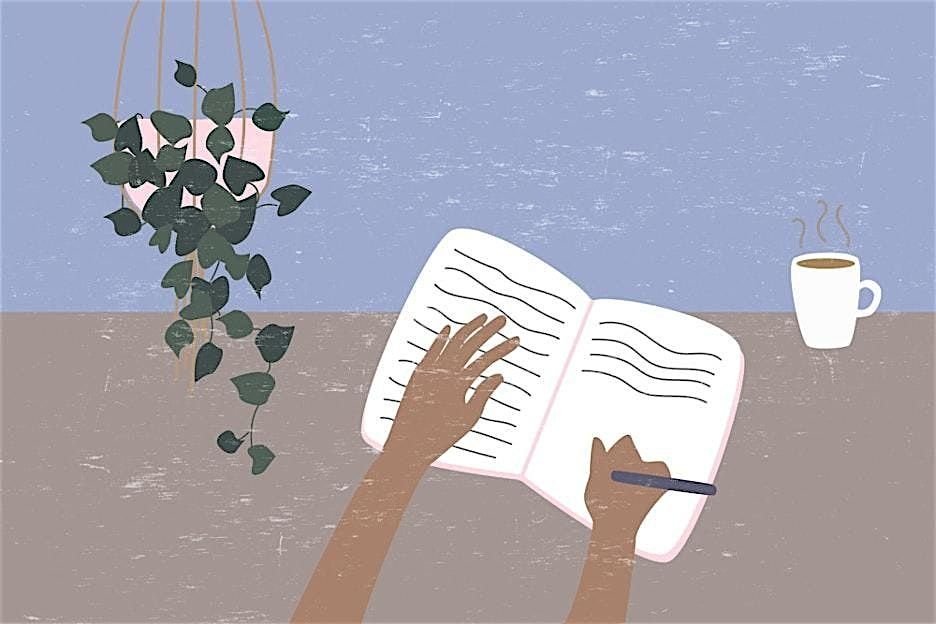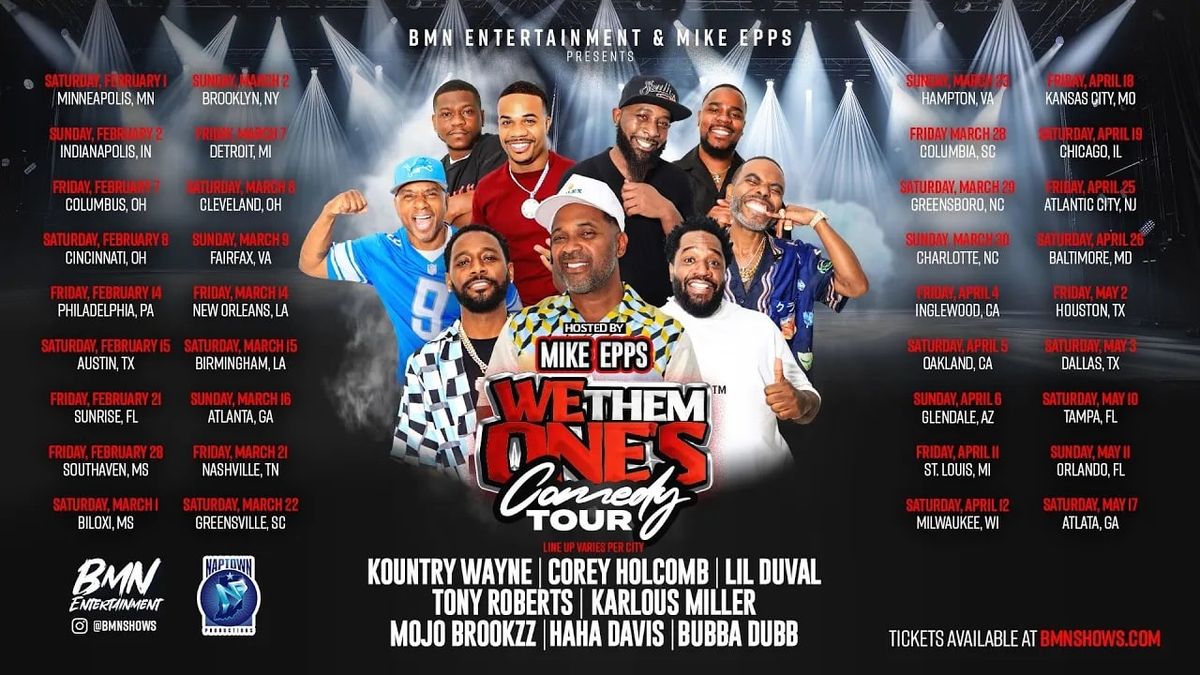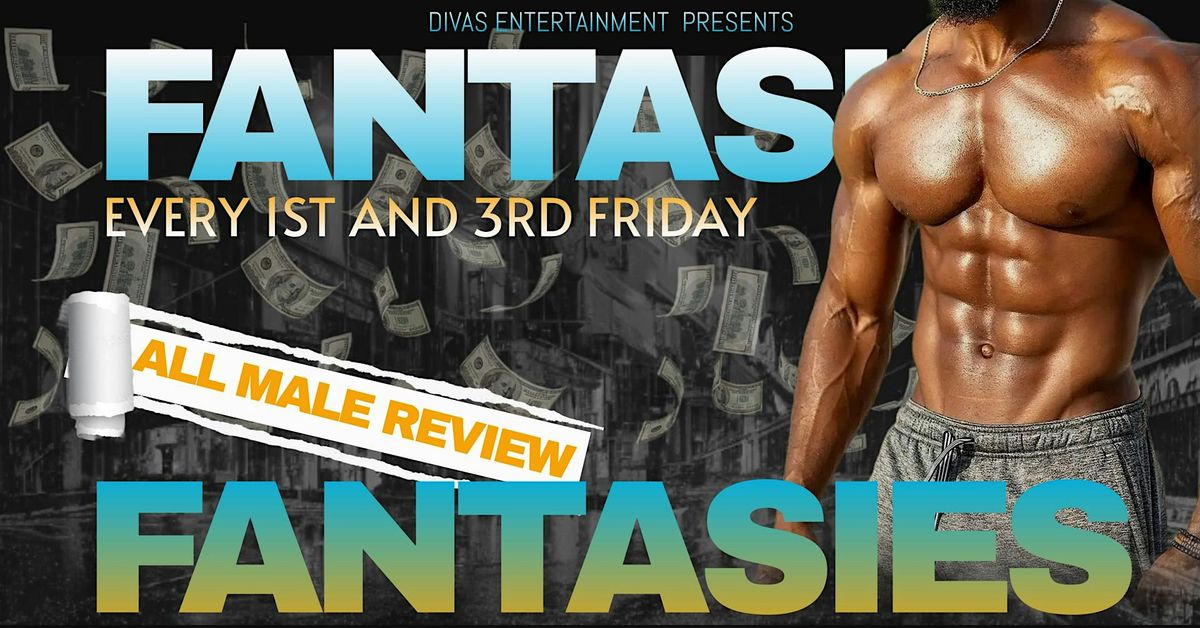Handful of Keys Free Masterclass Series
Schedule
Sat, 11 Jan, 2025 at 12:00 pm to Mon, 02 Jun, 2025 at 08:00 pm
UTC-08:00Location
Geoffreys Inner Circle | Oakland, CA

About this Event
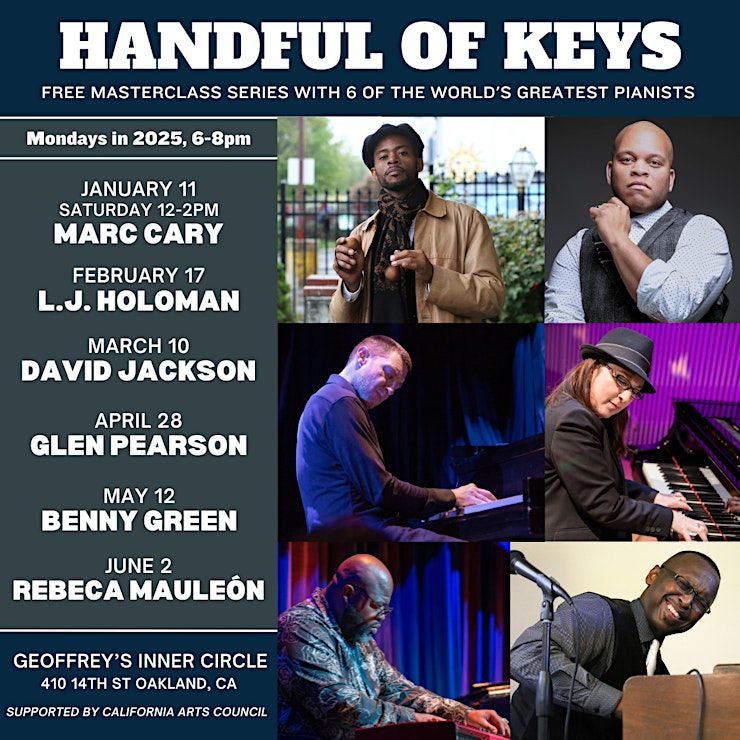
Presenting 'Handful of Keys' Masterclass Series Mondays 6-8pm once-a-month January through June 2025.
January 11, 2025: Marc Cary (this class will be held Saturday 1/11, 12-2pm)
February 17, 2025: L.J. Holoman
March 10, 2025: David Jackson
April 28, 2025: Glen Pearson
May 12, 2025: Benny Green
June 2, 2025: Rebeca Mauleón
All Masterclasses are FREE!!
Whether you're a pianist, instrumentalist, vocalist, enthusiast, or simply seeking to deepen your knowledge and appreciation of great music, this masterclass series is a priceless opportunity to learn directly from some of the greats of our time. Sign up for one or all and garner the wealth of knowledge and experience these legends will be sharing. Open to all ages and levels of experience. Masterclasses are held at Geoffrey's Inner Circle at 410 14th St, Oakland, CA 94612.
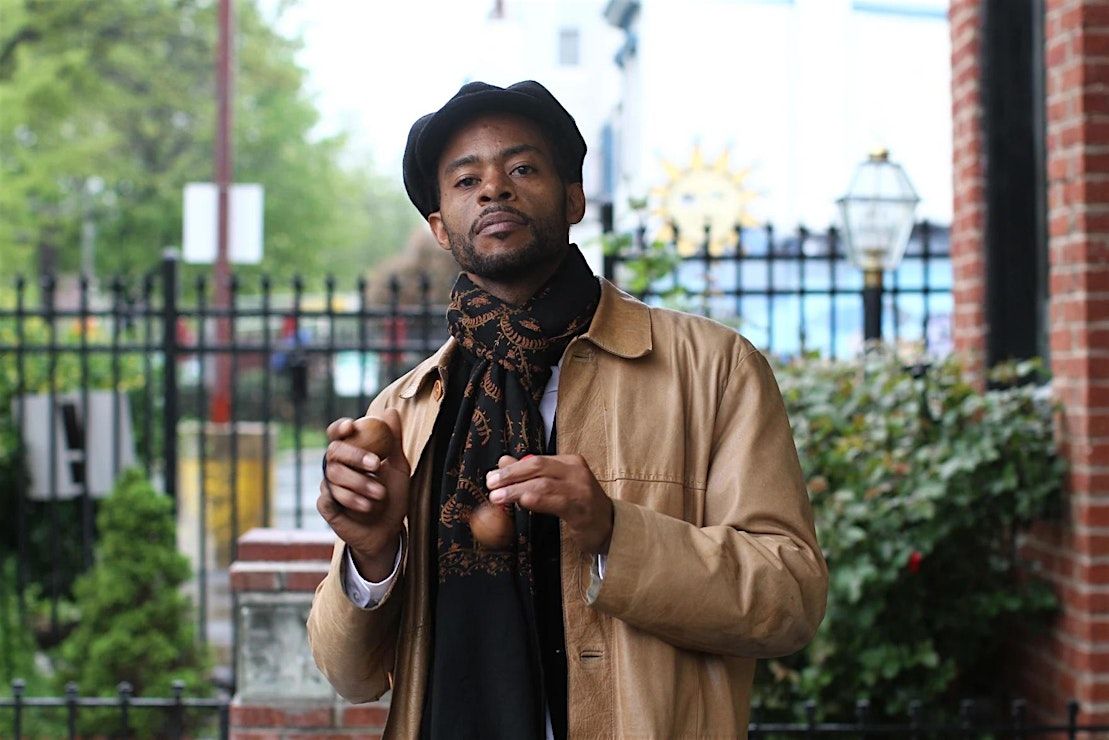
January 11, 2025
Marc Cary Masterclass
Note that this class will be held Saturday 1/11, 12-2pm
In a jazz world brimming with brilliant and adventurous pianists, Marc Cary stands apart by way of pedigree and design as one of New York’s best jazz pianists. None of his prestigious peer group ever set the groove behind the drums in Washington DC go-go bands nor are any others graduates of both Betty Carter and Abbey Lincoln's daunting bandstand academies. Cary hails from a musically literate family--his mother is a cellist; his great grandmother was an ivory-tickler in silent movie houses back in that day who also rocked barrelhouse and stride duets with Eubie Blake. Ellington trumpeter Cootie Williams was a cousin of Cary's grandfather.
While New York City is Cary's birthplace he was raised between Providence RI and the nation's capital. The player-composer and improviser is a graduate of DC's world-renowned Duke Ellington School For The Arts, also the professional spawning ground for Dave Chappelle, Wallace Roney, Denyce Graves and Meshell Ndegeocello whom Cary jammed with in the school's orchestra.
Cary's Ellington education prepared him to take on the daunting Big Apple at the ripe age of 21. Besides Carter and Lincoln, the next decade of his life found him sharing stages and cultivating craft with Dizzy Gillespie, Arthur Taylor, Carlos Garnett, Jackie McLean, Wynton Marsalis and one more goddess-figure among jazz vocalists, Carmen McRae. His comfort with women bandleaders also made him a favorite accompanist among other modern chanteuses, notably Ndegeocello, Erykah Badu, Lauryn Hill and Ani Di Franco.
The pianist's debut recording as a leader was released in 1995. Since then Cary's released a baker's dozen albums of music under his direction--three of those within the past two years for Motéma. Devoted fans know Cary's ensemble profile has three distinct and mesmerizing faces, revered among critics alike with this year’s DownBeat Critics Poll ‘Rising Star – Keyboardist ’ honor: his Focus Trio (well-documented live on his 2013 Motéma side Four Directions); and his pan-ethnic collective Indigenous Peoples, which merges poetic rhyme flow, soulful chanting and a sense of groove at home in the stellar realms of'interplanetary funkmanship.' (Cary's homegrown connection to his Native American heritage, instilled by his Wampanoag mom, is also a percussive factor. In the group's recent Cosmic Indigenous incarnation the deep web of continental African ties is woven tighter by the electric presence of Malian vocalist Awa Sangho.)
Then there is Cary's Rhodes Ahead series--which his current Motéma recording indexes as Volume 2--the first of which on Jazzateria earned him the debut annual Billboard/BET ''Best New Jazz Artist'' award in 2000. What both volumes put on exhibit front and center is Cary's spectacular ability as a keyboardist and improviser to interweave electronic textures into a fast-moving improvisational context, sacrificing none of his musical complexity in the bargain.
Cary was no stranger to electronic tinkering in his youth. A neighbor down the road owned a repair shop. Through time spent there soldering deconstructing gadgets Cary became what he describes as a 'self-taught electrician.' This early hands-on training made him proficient at re-wiring and re-programming some of his own sound gear later on. About electronic sound in general he has this to say: ''From the first time (and last) I stuck my finger in the wall socket, I have had a thirst for understanding electricity. Using analogue synthesizers and effects pedals on the Fender Rhodes, I learned how to manipulate electricity and create musical sounds. I became fascinated with how to build, transform and manipulate synthesizers and other electronic gear. From that fascination, I began to build and transform these instruments into more useful tools for me. I learned how to create everything from microphones to midi controllers, and manipulate household electronics to become musical tools. All of this fascination has worked its way deep into my musical sound, even my acoustic works.''
Cary remains one of the progenitors of contemporary jazz, evident in his influence on peers. Live gigs with vibraphonist Stefon Harris and bandmate Casey Benjamin began the genesis of Robert Glasper’s recording Nirvana's "Smells Like Teen Spirit," and Cary's record "Taiwa" from Focus in 2006 evolved into "For You" on Glasper's Double Booked and Harris' Urbanus. Cary collaborator Roy Hargrove exalted him with "Caryisms" on 1992's The Vibe, an album whose title track is one of two Cary originals including "Running Out of Time"--now part of the lexicon of live repertoire among jazz stalwarts Hargrove, Dr. Lonnie Smith and Igmar Thomas' Revive Big Band.
As New York Times jazz critic Nate Chinen observed recently, “There isn’t much in the modern-jazz-musician tool kit that Marc Cary hasn’t mastered, but he has a particular subspecialty in the area of groove…with a range of rhythmic strategies, from a deep-house pulse to a swinging churn.” Mr. Cary richly embodies the spirit of diverse streams that feed into the ample body of what we consider jazz history today. Funk was a term originally applied to the combustive post bop of Art Blakey, Horace Silver, Jackie McLean and Lee Morgan. Electronic jazz evolved from Jimmy Smith's organ grind and Sun Ra's moody electric keys in the '50s, '60s, '70s and '80s to Tony Williams' prescient Lifetime prefiguring of Bitches Brew big name fusion spawn--Weather Report, Headhunters, Mahavishnu Orchestra, Return To Forever, et al.--to Lonnie Liston Smith's tenure with Pharaoh Sander and Alice Coltrane's Vedic organ, to Doug Carn's sublime recasting of Coltrane and Blue Note classics with wife Jean; Norman Connors' bold casting of Pharaoh, Phyllis Hyman, Gary Bartz and McCoy Tyner on late '70s Soul singles.
Now we have the current day collaborations between hallucinogenic hip hop producer Flying Lotus with Herbie Hancock and Lotus' uncle Ravi Coltrane. That high-voltage jazz tradition is as core to the contemporary jazz esthetic as big-band swing and bop and its varied dialects. That tradition's vernacular is explosively and expobedient-ly deployed in Cary's Rhodes Ahead series. Volume 1 saw keyboardist Cary receive kudos from the jazz press for artfully recombinating fleet jazz pianistics and propulsive/convulsive rhythms from the realms of drum and bass, Indian ragas and Malian griot music.
To the electronic jazz tradition Cary noticeably brings his own lyricism, warmth and warp-speed chops. The familial use of longtime musical comrade Sameer Gupta's tabla, Terreon Gully’s drums and bassist Tarus Mateen's bedrock low-end support system insures the indelible and indispensable presence of what Dr. Funkenstein once identified as ''the preservation of the motion of hip.'' The tradition of a supple and virile Black futurism is abundantly evident.
He remains one of New York’s best jazz pianists, and as a leading improviser, now heads up the jazz improvisation classes at Manhattan School of Music and The Juilliard School.
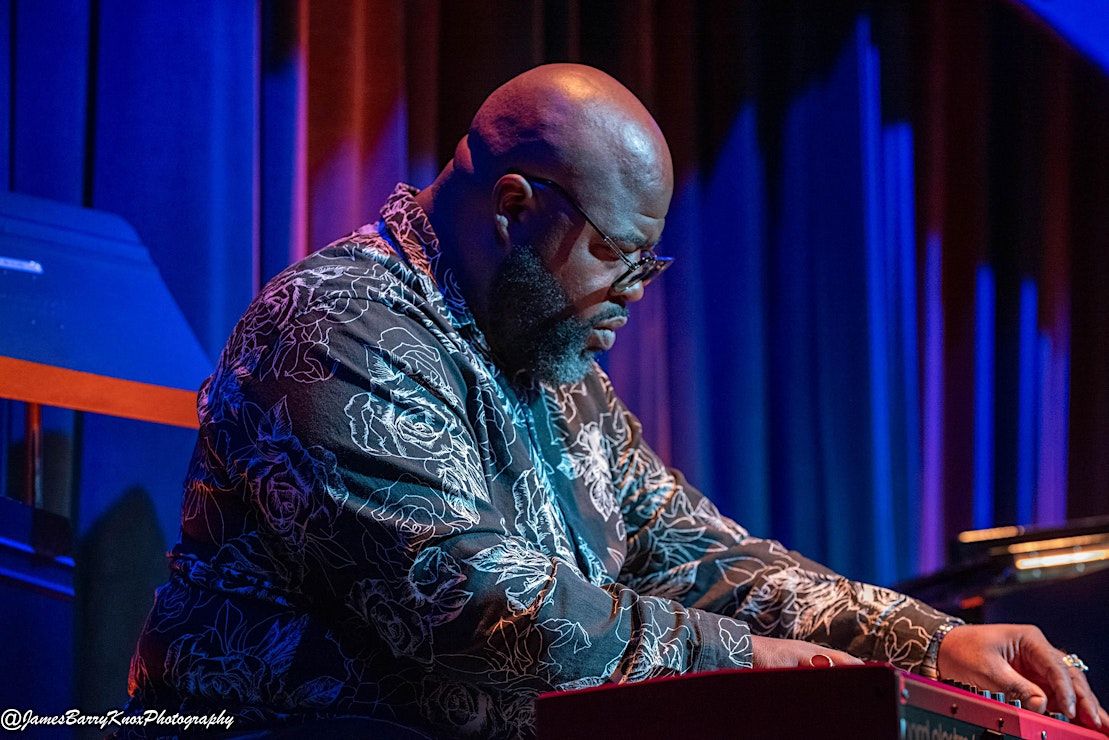
February 17, 2025
L.J. Holoman Masterclass
For decades, Lionel “LJ” Holoman has been the cat to call when a rapper needed a slinky keyboard riff, an R&B crooner required soulful piano accompaniment or a funk combo wanted some low-down organ fills.
The Oakland player/composer has toured widely with Raphael Saadiq, Joss Stone and Tony! Toni! Toné!, while recording with Mary J Blige, 50 Cent, Busta Rhymes, Nas and The Game, among many others.
Holoman got his musical start as a kid playing drums at the Lily of the Valley Christian Center in East Oakland. He found his way to the organ by watching his mother, the esteemed gospel singer Lola Holoman, work with the influential keyboardist Carl Wheeler.
By the time he got the call from Dr. Dre, Holoman was ready to jump into the big leagues. Flying down to Los Angeles for an audition in a studio packed with people, he was ushered over to a keyboard and ran through an array of styles. After about 10 minutes “Dre threw up his hands and said, ‘That’s it, are you ready to relocate?’,” Holoman recalls. Within a few days, he played with Mary J Blige and Eve on “Not Today,” a song featured in the 2003 film “Barbershop 2.”
For the second half of the aughts, Holoman was a regular part of the Aftermath Records studio crew. Since moving back to the East Bay about a decade ago, he’s thrived as a producer and player.
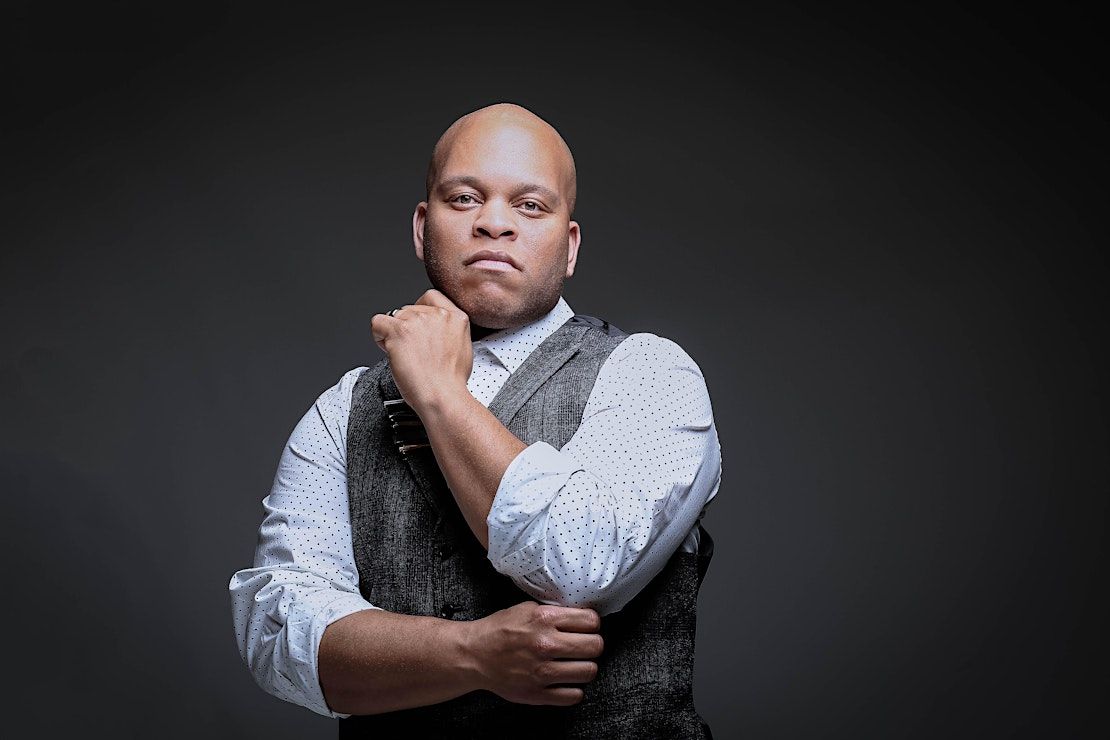
March 10, 2025
David Jackson Masterclass
Began playing music in church. Over 20 years of professional experience in Gospel, R&B and Pop music.
Born and raised in Oakland, CA, David started off playing drums and keyboards at church where his father is pastor. From there, he learned and grew in his God given gifts and talents, writing and recording his own music.
Just before graduating high school, he began a professional career playing keyboards with Grammy Award Winning gospel duo “Mary Mary” along with production credit for many other artists including Judith McAllister, Jonathan McReynolds, Lalah Hathaway, Tye Tribbett, Lena Byrd-Miles, Goapele, Rickey Minor and Jennifer Hudson.
He was also recognized with a winner certificate from the Recording Academy for Engineering credit on PJ Morton’s GRAMMY winning Gospel album.
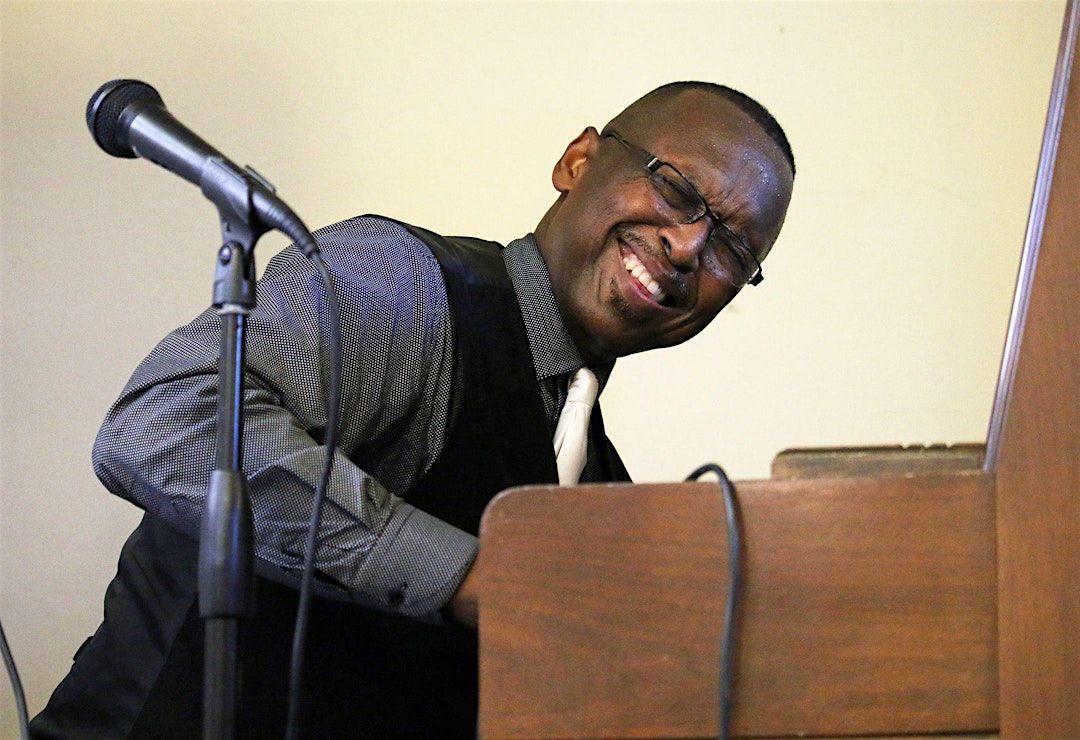
April 28, 2025
Glen Pearson Masterclass
Pianist Glen Pearson currently tours in Count Basie’s chair with the Count Basie Orchestra. He also heads the Music Department at the College of Alameda. Glen’s performances on stage, television, radio, and in recording studios have included his well known position as principal keyboardist for Regina Belle, as well as pianist and orchestrator with such notables as Jimmy Scott, Ernestine Anderson, Dianne Reeves, Marlena Shaw, Bobby Hutcherson, Delfeayo Marsalis, Faye Carol, James Moody, Frank Morgan, Chico Freeman and Will Downing. Mr. Pearson also served for eleven years as the Musical/Band Director for the world renowned Boy's Choir of Harlem.
A native of Oakland, California, Glen began studying piano at age six and was playing professionally by age fifteen. He holds a Bachelor of Music degree from San Francisco State University as well as a Master of Arts degree from New York University. Additionally, he has been the recipient of several honors including the prestigious Eubie Blake Memorial Scholarship Award.Glen's recording credits are numerous, most notably an award-winning jazz album by percussionist Babatunde Lea. He has also appeared both on record and in videos with Will Downing and Gerald Albright. And he has worked both on and off Broadway with Savion Glover, Gregory Hines, Arthur Miller, Patrick Stewart and George Wolfe.
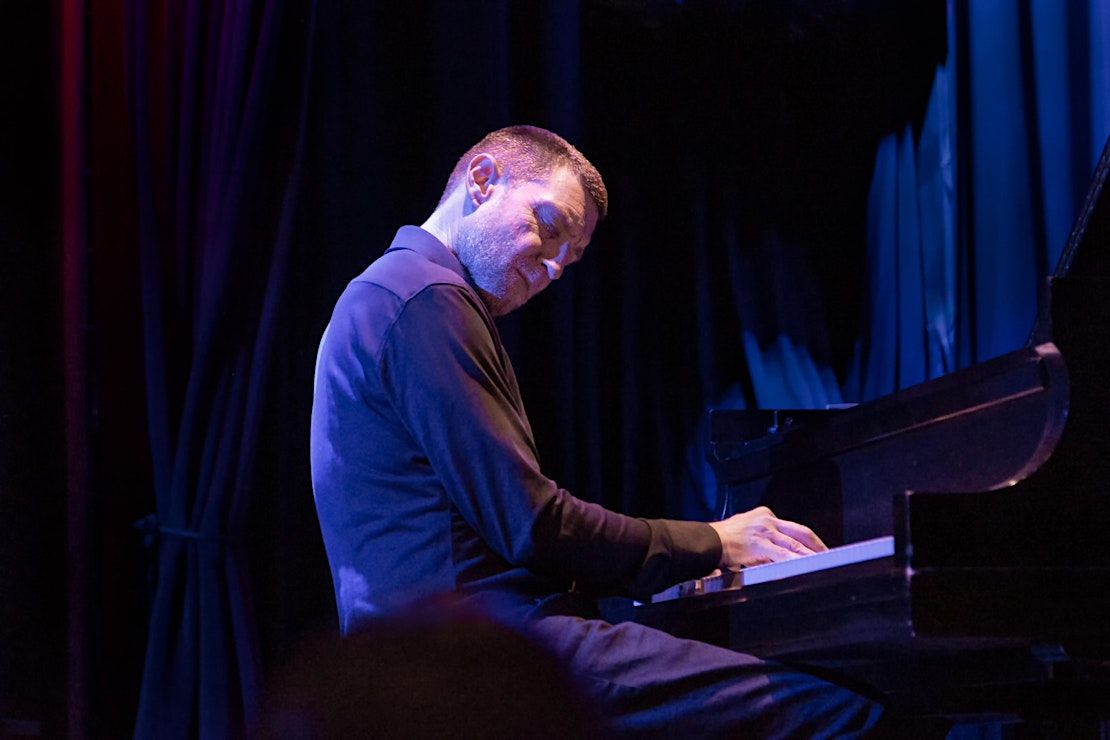
May 13, 2025
Benny Green Masterclass
Born in New York in 1963, Benny Green grew up in Berkeley, California, and began classical piano studies at the age of seven. Influenced by his father, a tenor saxophonist, his attention soon turned to Jazz. He began trying to improvise on the piano, imitating the records he had been listening to from his father's collection, which included a lot of Thelonius Monk and Charlie Bird. He played in school bands before joining the jazz singer Faye Carol who taught him how to accompany, about the blues, and let him open for her each night as part of an instrumental trio. As a teenager Mr. Green worked with Eddie Henderson, and gained big band experience with a 12-piece group led by Chuck Israels. After graduation, he freelanced around the Bay Area for a year, and then moved to New York in the spring of 1982. There he met veteran pianist Walter Bishop Jr. who became his teacher, both on the keyboard and for the history of jazz piano. After a short stint with Bobby Watson, Mr. Green worked with Betty Carter between 1983 and 1987, the year he joined Art Blakey's band. He remained a Jazz Messenger through late 1989, when he joined Freddie Hubbard's Quintet. In 1993 Oscar Peterson chose Mr. Green as the first recipient of the City of Toronto's Glenn Gould International Protégé Prize in Music. That year, he also replaced Gene Harris in Ray Brown's Trio, and remained with the veteran bass player until 1997. Since 1997 Mr. Green has worked as a freelance musician, leading his own trios, accompanying singers like Diana Krall, and working as a solo pianist. His recording career already encompasses more than one hundred sessions. As a leader Mr. Green's recordings include two albums: Prelude (1988) and In This Direction (1989). In 1990 Benny started recording and these recordings include Lineage (1990), Greens (1991), Testifyin' (1992), That's Right! (1993), The Place To Be (1994), Kaleidoscope (1997) and These Are Soulful Days (1999). He has also recorded Funky and Oscar & Benny with Oscar Peterson. Benny Green mentions Erroll Garner, Ahmad Jamal, Phineas Newborn, Bud Powell and Oscar Peterson as some of the pianists who have deeply influenced him.
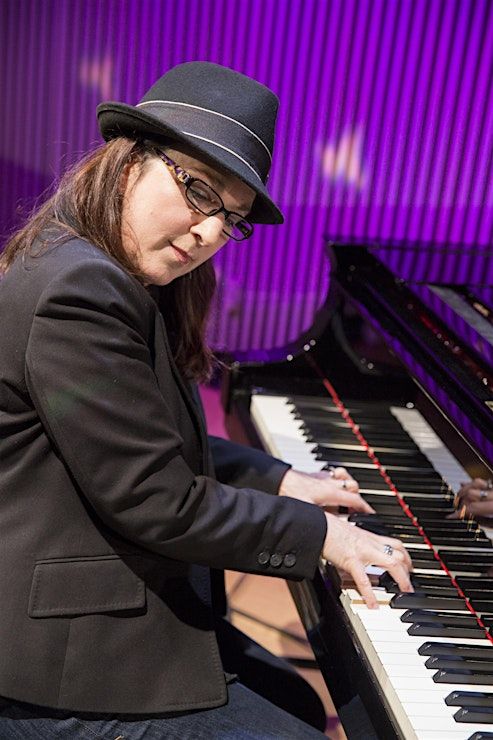
June 2, 2025
Rebeca Mauleón
Rebeca Mauleón is an internationally acclaimed musician, bandleader, composer, producer, author and educator.. As a pianist, Mauleón follows a long-standing tradition of Afro-Cuban and Latin Jazz performers, and her expertise in Afro-Caribbean and Latin American music places her at the forefront of the musicological community, resulting in a multidimensional career spanning nearly four decades. From her recording and performing work with an array of Grammy-winning legends including Tito Puente, Carlos Santana, Steve Winwood, Joe Henderson and Mickey Hart, to her diverse compositional projects (ranging from symphonic works and Afro-Cuban jazz to music for film, television and computer software companies), and her critically-acclaimed recordings, books and articles, Mauleón has carved a distinct niche as one of the most multi-faceted artists on the world music scene. She is the author of the critically acclaimed and , and is also a freelance writer for music industry magazines including Keyboard, Bass Player, Mix Magazine and others. In 2018 she co-authored the celebrated with Cuban piano legend Chucho Valdés. Rebeca’s compositional awards include Meet The Composer’s prestigious New Residencies Award, the Sundance Composers’ Fellowship, and a commission by the Oakland East Bay Symphony. In 2008 she was honored by the San Francisco Jazz Festival with its Beacon Award for artistic excellence and dedication to the community, and was appointed Director of Education at SFJAZZ in 2011. In 2009 Rebeca received a Latin Grammy Nomination for her production of Orestes Vilató’s It’s About Time. She is professor of music history and leads the Latin Jazz Ensemble at the San Francisco Conservatory of Music’s Roots, Jazz, & American Music (RJAM) program, a tenured professor of Latin American music and Jazz piano at City College of San Francisco, and a sought-after lecturer and clinician on the subject of Latin American and Afro-Caribbean music history and performance.

This project has been made possible in part by California Arts Council, a state agency.
Where is it happening?
Geoffreys Inner Circle, 410 14th Street, Oakland, United StatesEvent Location & Nearby Stays:
USD 0.00


